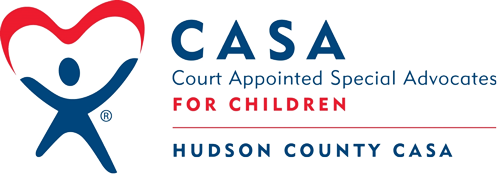Frequently Asked Questions
What Is A CASA Volunteer?
A Court Appointed Special Advocate (CASA) volunteer is a trained community member appointed by a judge to advocate for an abused or neglected child.
What Does A CASA Volunteer Do?
A CASA volunteer helps foster children receive the assistance and services they need with the goal of finding them a safe and nurturing home. CASA volunteers regularly visit their assigned child and interact with various individuals in the child's life to gain a thorough understanding of the case. CASA volunteers produce a report of their findings with recommendations to a judge based on the best interests of a child. CASA case supervisors provide guidance and act as a resource to each volunteer.
What Training Does A CASA Volunteer Receive?
CASA volunteers receive 30 hours of in-person training prior to being assigned to a case.
What Makes CASA Different From Other Programs Or Services?
Unlike attorneys and social workers, the CASA volunteer speaks exclusively for the child’s best interests. By handling only one or two cases at a time, the CASA volunteer is able to thoroughly explore the background and current circumstances of each assigned child. One of the primary benefits of the CASA program is that, unlike attorneys or case workers who can come and go, the CASA volunteer is a consistent, trusted adult who provides continuity for a child.
How Does A CASA Volunteer Research A Case?
To prepare a recommendation, the CASA volunteer talks with the child, biological and foster parents, other family members, case workers, school officials, health providers, and others who are involved in the child's life. The CASA volunteer reviews school records, medical records and any other documents pertinent to the child.
How Long Does A CASA Volunteer Remain Involved With A Case?
Hudson County CASA requires a minimum of a one-year commitment with a preference that the volunteer remains with the case until it is permanently resolved.
How Are CASA Programs Funded?
CASA programs depend on state and municipal funding, private foundations, fundraising events, grants, corporate sponsorships and individual donors.
Are CASA Programs Effective?
According to data compiled by National CASA, foster children experience a direct benefit from and fair better with a CASA advocate than those without one. More than 90% of children with CASA volunteers never reenter the child welfare system and only 12% remain in long-term foster care placements. Children paired with an advocate are more likely to be adopted and overall spend less time in foster care. More services are ordered for CASA children as compared to a foster child without an advocate. In school, foster children with advocates pass more classes and have fewer behavioral issues.
